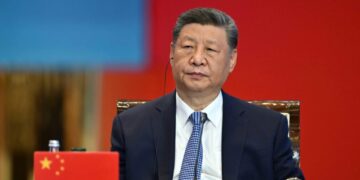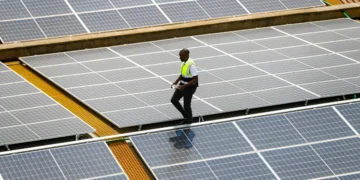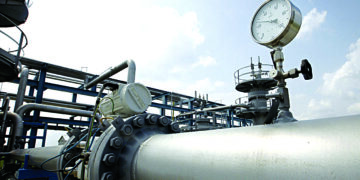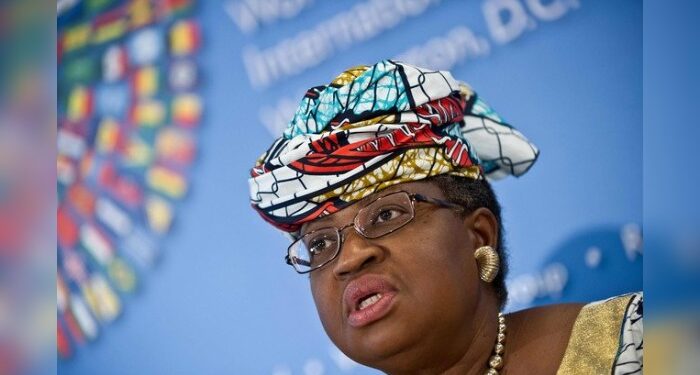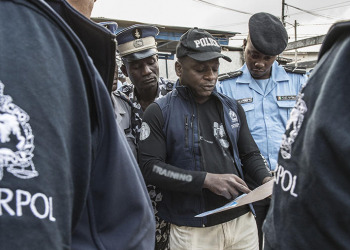By Ebi Kesiena
Artificial intelligence has the potential to raise the value of global trade in goods and services by almost 40% by 2040, though without proper safeguards it could also deepen economic inequalities, the World Trade Organization cautioned in a report released on Thursday.
According to the WTO’s World Trade Report, reduced trading costs and higher productivity could fuel significant growth in both trade and global output by 2040. Under different scenarios, global trade is expected to expand by between 34 and 37%.
The report further noted that worldwide GDP could climb by 12–13% over the same period.
“AI could be a bright spot for trade in an increasingly complex trading environment,” said the Deputy Director General of the WTO, Johanna Hill, commenting on the annual report that analyses trends in the multilateral trading system.
Recognising the present instability within the global trading system, Hill observed that AI is redefining the outlook of the world economy and international commerce, with the capacity to cut trade expenses and enhance efficiency.
The Geneva-based regulator of global trade rules has faced significant disruption this year after a wave of tariffs introduced by U.S. President Donald Trump’s administration.
The report further underlined that companies stand to lower costs in areas such as logistics, regulatory compliance, and communications.
“AI-driven translation technologies can make communication faster and more cost-effective, particularly benefiting small producers and retailers by enabling them to expand into global markets,” the report said.
Such advancements could help increase export growth in low-income countries by as much as 11%, provided they improved their digital infrastructure.
The report cautioned that without targeted investment and inclusive policies, AI could deepen existing divides.
“The effects of the development and deployment of AI are raising concerns that many workers, and even entire economies, could be left behind,” the report said.
Meanwhile, WTO Director General Ngozi Okonjo-Iweala said policy makers needed to carefully manage the transition to AI.
“AI could upend labor markets, transforming some jobs whilst displacing others. Managing these shifts demands investment in domestic policies to enhance education, skills, retraining and social safety nets,” she said during the launch event for the report in Geneva.
However, the WTO stressed that for the advantages of AI to be broadly shared, a stable and rules-based trading environment was essential. It added that reducing tariffs on raw materials critical to AI technologies, such as semiconductors, would also be key.




















